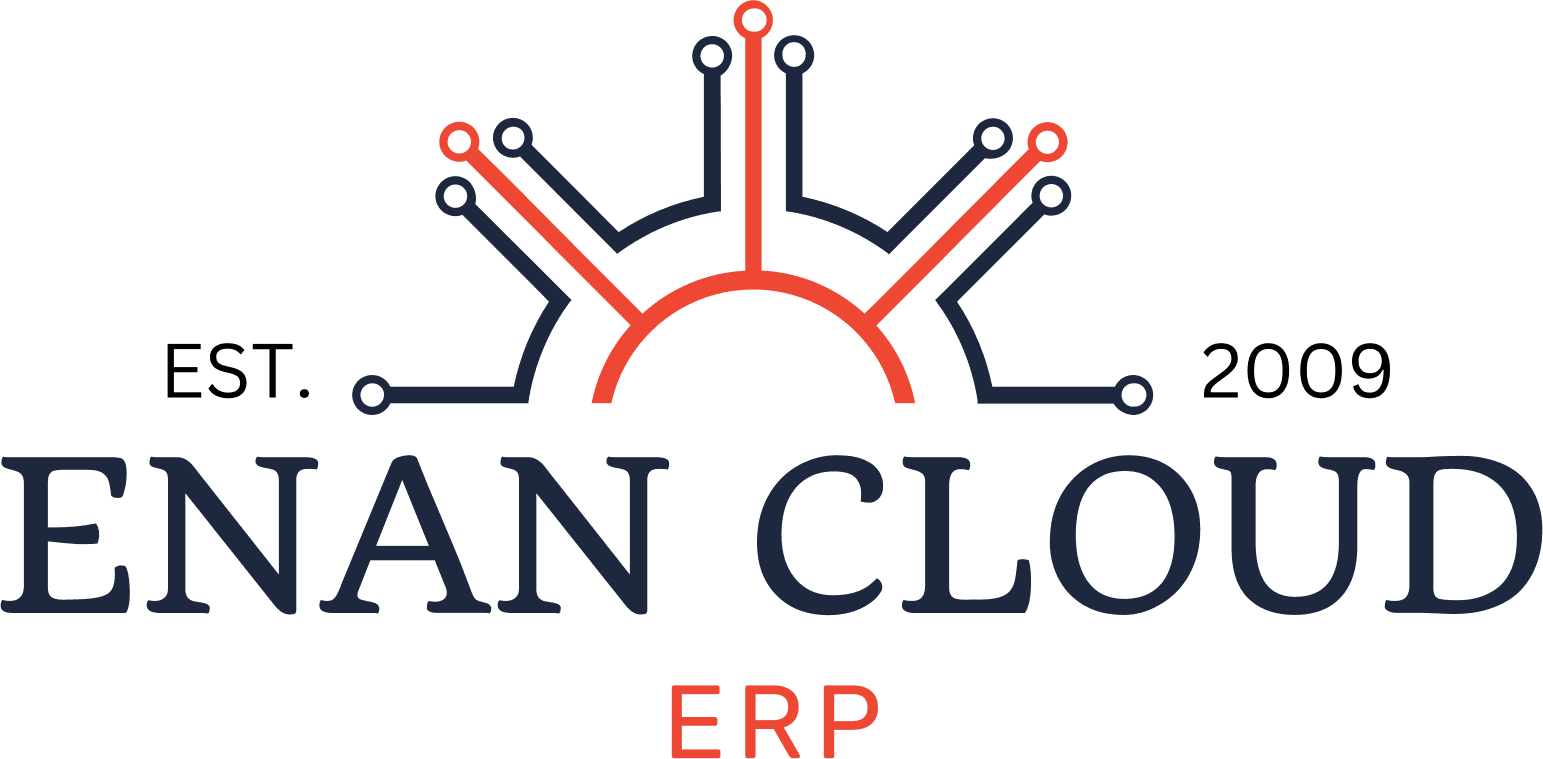What Is A Project Management Information System?

A Project Management Information System (PMIS) is a comprehensive software tool designed to assist organizations in planning, executing, and controlling projects by providing real-time data, streamlined communication, and automation features.
It integrates critical project management functions like task tracking, resource allocation, budgeting, and reporting into one platform, ensuring that projects stay on track, within budget, and meet their goals.
By centralizing project data and facilitating collaboration, a PMIS helps businesses of all sizes—from startups to enterprises—optimize their project workflows and improve overall efficiency.
Introduction
Have you ever felt like juggling multiple projects at once is a constant uphill battle? If so, you’re not alone!
In today’s fast-paced business world, managing projects efficiently is crucial, but it can be overwhelming without the right tools.
That’s where a Project Management Information System (PMIS) comes into play.
But what exactly is PMIS, and why is it a game-changer for project managers, small business owners, and freelancers alike?
Let’s dive deep into the world of project management and explore how PMIS can help you stay on top of your projects, streamline processes, and ultimately achieve your business goals.
What is a Project Management Information System (PMIS)?
A Project Management Information System (PMIS) is a digital tool designed to assist in the planning, executing, monitoring, and closing of projects.
Think of it as a centralized hub where all the crucial information about your projects is stored, analyzed, and managed.
From task assignments to resource allocation and even financial tracking, a PMIS helps ensure that nothing falls through the cracks.
Core Components of a PMIS
At its core, a PMIS is built on key features that allow project managers to control every aspect of a project.
These include task management, scheduling, budgeting, communication tools, and reporting capabilities.
The Evolution of Project Management Tools
Project management wasn’t always this tech-savvy.
In the past, businesses relied on manual tools like paper checklists, whiteboards, and spreadsheets to track project progress.
These methods were inefficient and prone to errors.
With the introduction of PMIS, project management has evolved significantly.
These systems offer automated solutions, integrated platforms, and real-time data insights, which traditional tools simply can’t match.
How Does a PMIS Work?
A PMIS operates as a data-driven platform that organizes and tracks project activities from start to finish.
It collects information from various sources and provides real-time updates on tasks, deadlines, budgets, and resource allocation.
Integration with CRM and ERP Systems
In today’s interconnected business environment, many PMIS platforms integrate seamlessly with CRM (Customer Relationship Management) and ERP systems (Enterprise Resource Planning).
This allows businesses to have a holistic view of both their customer relationships and their internal resources, resulting in more efficient project execution.
If you’re ready to get started, try the best Project Management Tool for small business. Sign up for a 14-day free trial of Enan Cloud’s CRM and Project Management software now. Then walk through the features and examples outlined below in your Enan Cloud trial app.
Key Features of a Project Management Information System
- Task Management: Assign and track tasks with ease.
- Resource Allocation: Ensure optimal use of resources across different projects.
- Time Tracking and Scheduling: Keep projects on track by setting and monitoring deadlines.
- Budgeting and Cost Management: Track expenses and stay within budget.
- Communication and Collaboration Tools: Improve team collaboration with integrated messaging and file-sharing tools.
- Reporting and Analytics: Gain valuable insights with real-time reporting and data analytics.
Benefits of Using a Project Management Information System
Adopting a PMIS can revolutionize the way you manage your projects. Here are some key benefits:
- Enhanced Team Collaboration: Centralize communication and foster better teamwork.
- Improved Decision-Making: Make data-driven decisions with real-time insights.
- Time and Cost Efficiency: Avoid delays and overspending by tracking progress and expenses closely.
- Transparency and Accountability: Create a clear project overview, making accountability easy.
Types of PMIS Solutions
- On-Premise PMIS: Installed on company-owned servers, requiring an upfront investment in infrastructure.
- Cloud-Based PMIS: Accessible from anywhere with an internet connection, allowing greater flexibility and scalability.
- Hybrid PMIS Solutions: A combination of both on-premise and cloud-based features.
PMIS vs. Traditional Project Management Tools
While traditional tools might still serve basic project management needs, PMIS offers far more advanced features such as automation, real-time reporting, and integration with other business systems.
If your projects are becoming too complex for spreadsheets, it’s time to consider switching to PMIS.
PMIS and CRM Integration
A PMIS can significantly enhance customer relationship management by providing a more organized way to track and manage customer interactions, sales pipelines, and follow-ups.
This integration leads to better client satisfaction and a more streamlined sales process.
PMIS and ERP System Integration
When integrated with ERP systems, a PMIS can enhance enterprise resource planning by providing real-time insights into resource allocation, budgets, and project timelines.
This synergy helps businesses optimize both their customer-facing and operational processes.
Common Industries Using PMIS
- Construction and Engineering
- IT and Software Development
- Healthcare and Pharmaceuticals
- Marketing and Advertising
Challenges in Implementing a PMIS
While the benefits of PMIS are numerous, there are also some challenges to consider, such as user adoption, system integration, and data migration.
However, these can be overcome with proper planning and training.
Choosing the Right PMIS for Your Business
When selecting a PMIS, it’s essential to consider factors like your industry, business size, and specific project management needs.
For small businesses and freelancers, cloud-based PMIS platforms are usually the best fit due to their affordability and ease of use.
Future Trends in Project Management Information Systems
- AI and Machine Learning: Automation of repetitive tasks and predictive analytics.
- Cloud-Based Systems and Mobility: Increased flexibility and remote work capabilities.
- Predictive Analytics and Automated Reporting: Smarter decision-making tools powered by AI.
Conclusion
In conclusion, a Project Management Information System is an essential tool for businesses of all sizes.
From improving collaboration and decision-making to streamlining workflows and boosting productivity, PMIS platforms provide numerous advantages.
Whether you’re managing a small startup or a large enterprise, Enan Cloud’s CRM and ERP solutions can help you maximize your project management efforts and grow your business.
Wonder what’s next?
Start your CRM journey with Enan Cloud CRM
The World’s Favorite CRM, Enan Cloud CRM, is a cloud-based customer relationship management software for managing sales, marketing, and customer support in a single system.
Enan Cloud CRM helps businesses of all sizes build excellent customer relationships with a built-in AI sales assistant and other features like sales pipeline management, marketing automation, analytics, and much more.
FAQs
Look for features like task management, resource allocation, real-time reporting, budget tracking, and integration capabilities with other systems like CRM and ERP.
1. What is a PMIS, and how does it differ from traditional project management software?
A PMIS is a comprehensive platform that integrates various project management tools and features, offering more advanced functionalities than traditional software.
2. How does PMIS integrate with CRM and ERP systems?
PMIS platforms can seamlessly integrate with CRM and ERP systems, creating a unified system that manages both customer relationships and internal resources.
3. Can small businesses benefit from using a PMIS?
Absolutely! Small businesses can use PMIS to streamline their project management processes, improve efficiency, and reduce operational costs.
4. How do PMIS platforms improve collaboration across teams?
PMIS platforms centralize communication, making it easier for teams to collaborate in real-time, share files, and track project progress.
5. What are the key features to look for in a PMIS?
Look for features like task management, resource allocation, real-time reporting, budget tracking, and integration capabilities with other systems like CRM and ERP.




Great article.
Great Article.
Informative!